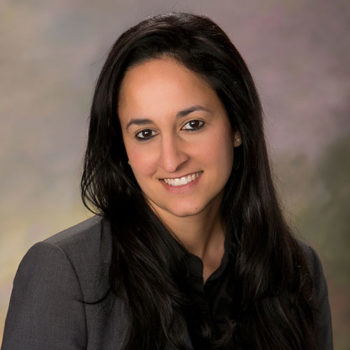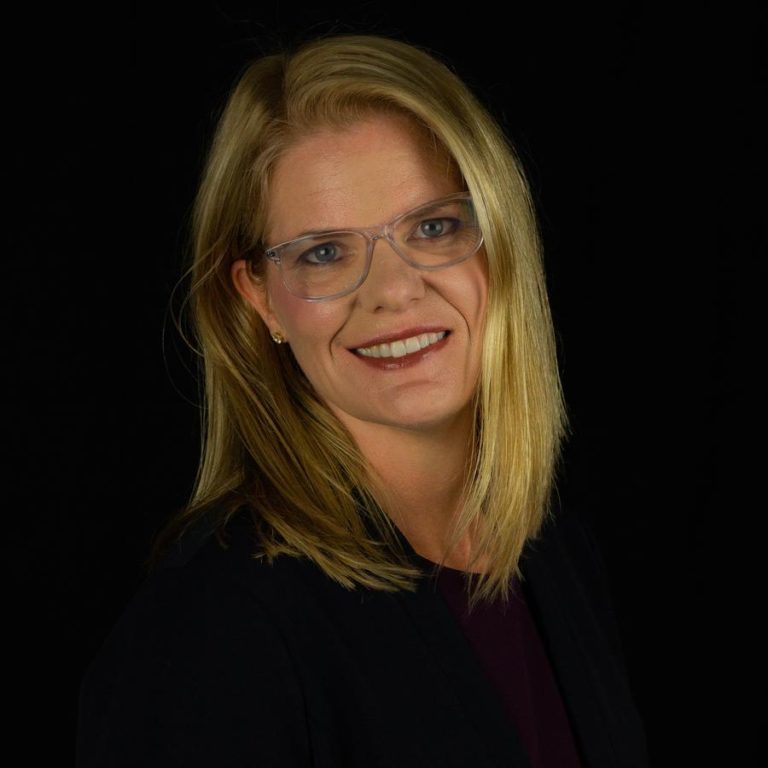Two women tax & accounting professionals offer their insight into where they see client advisory services going as the industry navigates through today's uncharted waters
It has been stated many times that accountants are the second most trusted professional, behind physicians. Indeed, over this past year, accounts were just as vital to businesses and economic recovery as doctors were to our physical health.
Though clients perceived their accountants as trusted advisors, not all were able to deliver on that expectation. On the flip side, there were those accounting professionals with well-established practices delivering client accounting advisory services that were well-equipped to navigate the storm of the pandemic alongside their clients. It is not to say those accounting firms weren’t faced with their own professional and personal challenges as well, but they were able to grow their team, revenue, and their value in serving clients in need.
According to the 2019 U.S. Bureau of Labor Statistics, 61.7% of accountants and auditors are women. When it comes to advisory services, I suspect that number may be even higher. Two successful women who are trusted client advisors spoke to Thomson Reuters Institute, describing how they built a career in advisory services, where they see advisory going from here, and how they lead their teams, clients, and families through these uncharted waters.
You can download a copy of the new report, Insights for Tax Professionals 2021 here.
Dixie McCurley is co-founder and president of Trusted CFO Solutions, which she started in 2011 after developing a vision of how she could use her mathematical skills to help small- to midsized businesses “put money back in the pockets of their owners.” Over the past 10 years Trusted CFO Solutions has grown from a two-person firm to a team of 24 professionals. After years of practice, McCurley says she now sees her role as “the architect,” designing the people, processes, and systems for others to better deliver advisory services.
Elinor Litwack, CPA, is a partner at GRF CPAs & Advisors. She moved her career focus to advisory after an internship in auditing with one of the Big 4 firms. Litwack married and had a child shortly after graduating college; and she saw advisory services offering her greater flexibility in scheduling to allow her to balance her family and career simultaneously. Litwack began as a staff accountant back for GRF CPAs & Advisors in 2007; and on January 1, 2020, she became a partner of outsourced accounting and advisory services.
She says that what she loves most about being her clients’ advisor is they don’t see her as a vendor but instead, as a partner. She adds that she is committed to furthering their missions through her work.
Caring for clients
Deeply caring for clients and meeting expectations were the most stressful parts of being a client advisor throughout the pandemic according to both women. “We live in a world of now,” McCurley says, adding that today, clients expect instant answers and results.
Litwack agrees, saying the extreme situation created by the pandemic left every client in need all at once, and as their advisor, “you wanted to be there for everyone.”

Both women emphasized the importance of setting proper expectations with clients. Litwack’s team learned to identify what is a true fire drill during this volatile environment and what can be addressed through the normal course of business. Her team coached clients on this distinction to reduce their anxiety and create realistic expectations for the team’s responsiveness.
McCurley says she adjusted client expectations by assuring them that change and improvement is possible, but it can’t all happen in one day.
Litwack’s team at GRF CPAs & Advisors found they were “absolutely essential” in the eyes of their clients. “If you weren’t advising clients before, they [accountants] became one overnight,” Litwack says.
Many pre-pandemic firms were still offering reactive compliance services, but amid the pandemic, historical data often didn’t provide the answers clients needed, said McCurley. Clients needed forecasts because they wanted to know what the next 8 weeks, 12 weeks, and 2 years were going to look like. “The profession had to get more comfortable with educated guesses,” says McCurley. “The answers were not on any spreadsheet or report. The answers are in the interpretation, insight, discussion, and guidance from those numbers.”
The future of client advisory services
Given the tremendous change brought by the pandemic, how will the future of client accounting advisory services be impacted? Litwack and McCurley say they agree that advisory services will continue to grow and expand beyond accounting specifically. For example, McCurley envisions the “outsourced CXO” as accounting firms leverage their expertise across their organization beyond offering just CFO services to sell CMO, CTO, and other services.
Indeed, one of GRF CPAs & Advisors’ fastest growing services are accounting technology system implementations, Litwack says, adding that this is an off-shoot of the firm’s steadily growing outsourced accounting service line. As a result of this last year, Litwack says she believes clients will begin assessing which advisors added value and let go the ones that didn’t.

It is time the profession strengthens their advisory skills, she notes.
Not all experts are capable coaches, but they can learn, says McCurley. A coaching process should be developed and structured in the accounting profession the same as it would in other professions. Firms should establish a cadence of meetings, create structured agendas, and teach teams the skills they need to coach others, she recommends.
Though both women explain how advisory services fill their need to make a difference and help others, they admit they felt the exhaustion of the past year as well. They agree that accountants cannot continue to serve their clients, their teams, and their families if they have to be “on” all day, every day. Prioritization is always important, but it became even more so this last year. You have to learn to say no because when people try to do everything, burnout is sure to ensue.
Even though McCurley and Litwack have highly demanding jobs, they emphasized the importance of self-care. McCurley bought a scooter during the pandemic and will take walks to look at art in order to clear her head. Litwack will try to get outdoors and carve out time with her children and spouse. They both suggest that individuals do whatever allows them personally to recharge. Both also strongly encourage their teams to take breaks as well and have fun together.
During the pandemic, Litwack says she observed how we connected on a more human level with each other, acknowledging that “it takes a village” to make it all happen.
There is no doubt advisory services will only expand across the accounting profession. How we choose to learn from each other and reimagine what it can include is really up to each of us. As an accounting professional, you should reflect on what drives you and connect with a community that will lift you up and challenge you.
Don’t be left behind — put your unique passions and skills to use by creating an advisory practice in a niche about which you are excited and can allow you to provide greater value to your clients.




